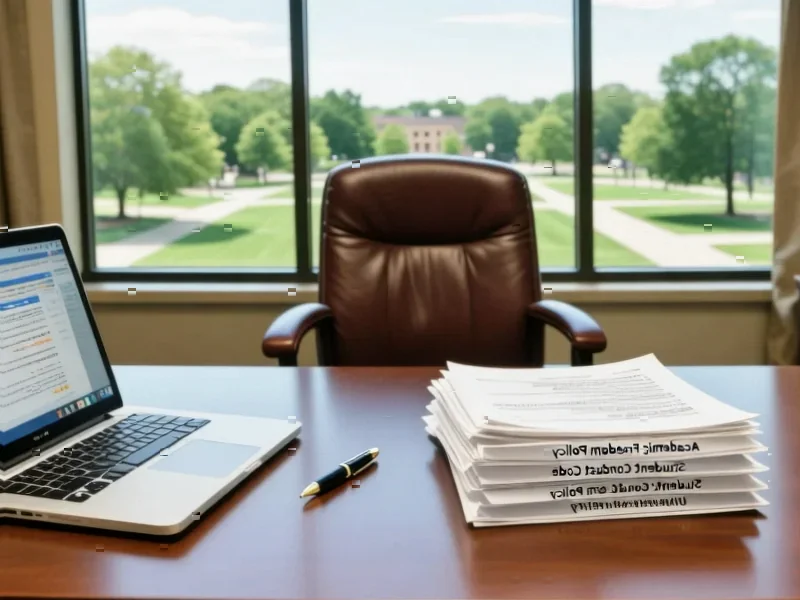According to science.org, the Department of Energy is eliminating six specialized advisory committees that have guided its Office of Science for decades and replacing them with a single consolidated Office of Science Advisory Committee. The Office of Science manages a massive $8.24 billion budget and operates 10 national laboratories while funding everything from particle physics to biological research. DOE announced the change on September 30th and informed committee members by email shortly after. Scientists like Bruce Hungate, who chaired the Biological and Environmental Research Advisory Committee for six years, call this “the most consequential service work” they’ve done in science. The move comes as the Trump administration has eliminated or consolidated advisory committees across multiple research agencies since January.
Why scientists are worried
Here’s the thing about those old committees – they weren’t just rubber stamps. Each had about 25 members and provided deep, field-specific expertise across six core research areas. They formulated long-range plans for massive facilities like particle accelerators and x-ray synchrotrons. And the advice went both ways – in 2013, the Office of Science director actually used the Basic Energy Sciences Advisory Committee to tell researchers their plan for improving x-ray sources was too timid and needed reworking. Basically, these committees were where the real scientific community input happened.
The political shift
So why consolidate now? Some researchers suspect this is about control. The old system funneled advice directly to career federal employees running the research programs. Robert Rosner, a former Argonne National Laboratory director, notes that from this administration’s perspective, “you’re going to be relying on people who you may not trust.” The new committee will advise politically appointed leaders like Undersecretary Darío Gil directly. It’s part of a pattern – none of the old committees have met since Trump’s second term began in January.
What gets lost
You can’t replace six specialized committees with deep expertise in everything from fusion energy to environmental research with one panel and expect the same quality of input. Laura Greene, a condensed matter physicist, puts it bluntly: “You will definitely lose depth.” And there’s real concern about who will be appointed. Patrick Huber worries about “a bunch of tech billionaires on it who want to offload their R&D onto the government.” The real question is whether field-specific subpanels will still be deputized for detailed work – that’s where the “real action” happened according to scientists who served.
Is there hope?
Look, not everyone thinks this is doom and gloom. Patricia Dehmer, who served as the Office of Science’s deputy director for nearly a decade, says “All is not lost. This can work.” The crucial point is that a formal mechanism for community input still exists. But the proof will be in the appointments and whether the new committee maintains the deep, specialized knowledge that made the old system so valuable. The scientific community will be watching closely to see if this becomes a streamlined improvement or just another way to sideline expert advice.





I don’t think the title of your article matches the content lol. Just kidding, mainly because I had some doubts after reading the article.
Thank you for your sharing. I am worried that I lack creative ideas. It is your article that makes me full of hope. Thank you. But, I have a question, can you help me?